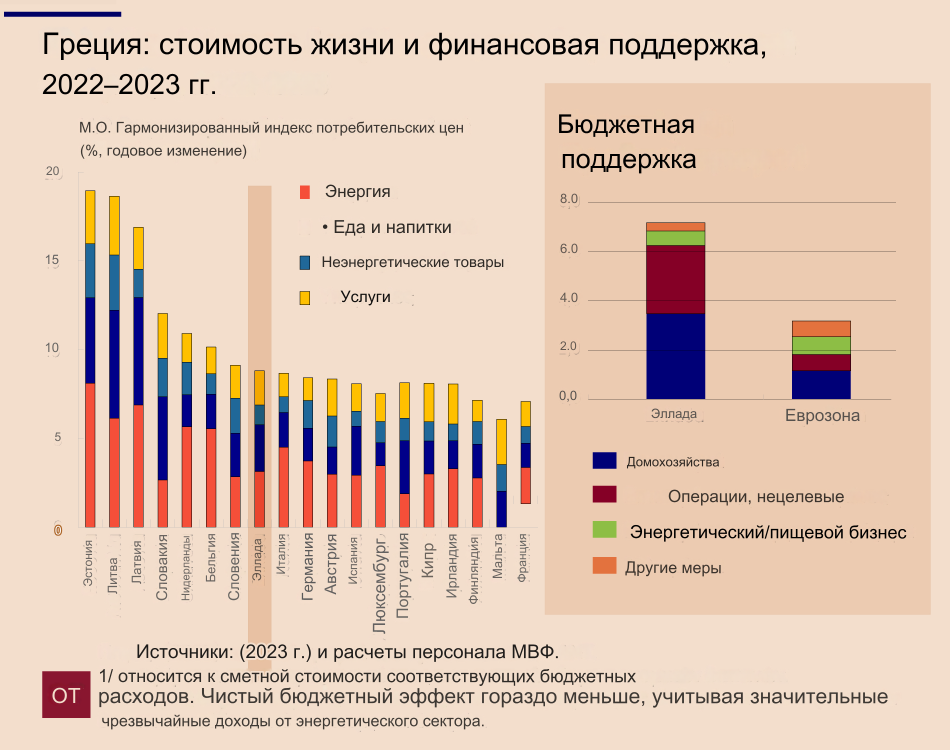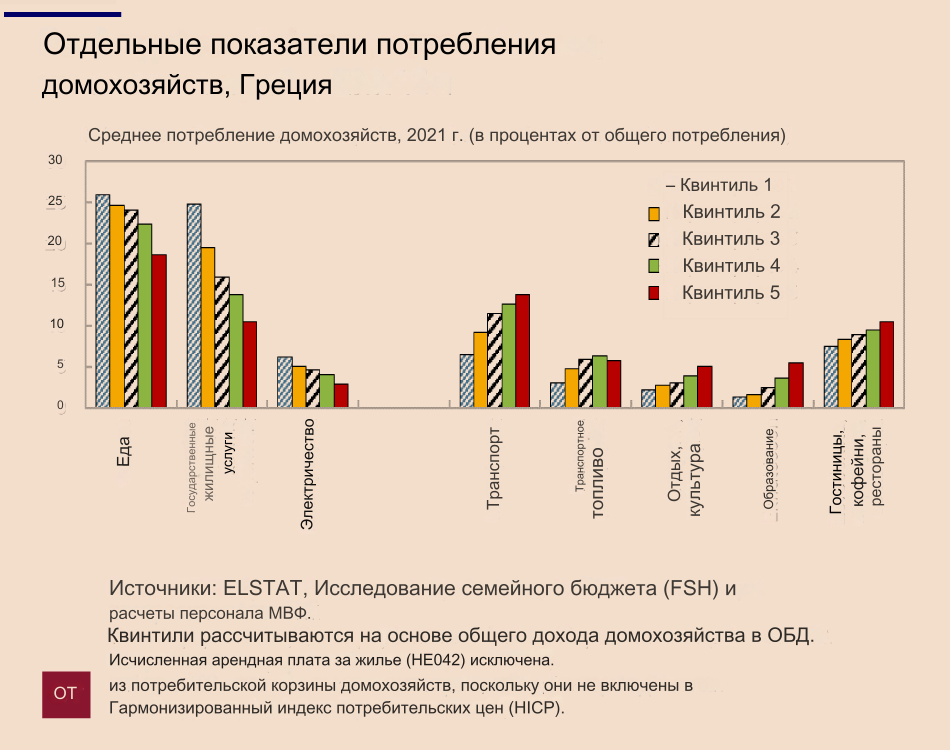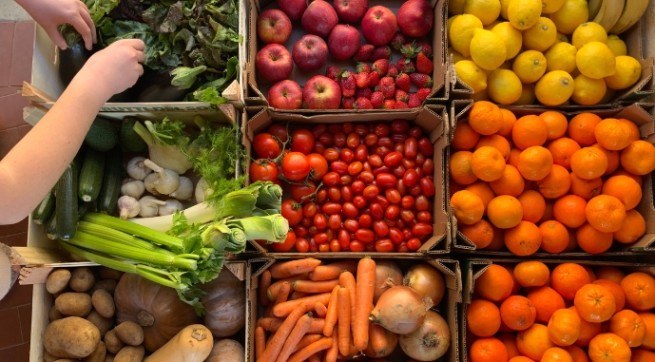Created by AI
A special analysis by the International Monetary Fund regarding our country showed that the poorest households in Greece were tested even more than the richest by the inflation crisis.
Tellingly, Greece’s poorest 20% spend more than 20% of their income on housing, water, electricity, natural gas and other fuels, more than double the rate of the richest 20%.
The COVID-19 pandemic has caused some changes in consumer behavior, according to IMF analysis for 2022-2023. During 2021, it was observed that households began to return to their old consumption patterns with an increase in the share of services due to a decrease in food and utility consumption.

Loss of purchasing power
According to the analysis, the greatest loss of purchasing power was experienced by low-income households and families living in sparsely populated areas or relying more on secondary sources of income (such as non-wage income).
As expected, households spend an increasingly smaller share of their total consumption income on essential goods such as food and utilities as their total income increases.
It is worth noting that households in the bottom 20% of the income scale spend more than 20% of their total expenses on housing, water, electricity, natural gas and other fuels, which more than double the corresponding percentage of households with the highest incomes.
On the contrary, services such as transport, accommodation and restaurants occupy a more important place in the consumption basket of wealthy households.

Real inflation varies widely among households – low-income households experience the biggest decline purchasing power. Real inflation is also correlated with other household characteristics. Wealthier households on average spend a smaller percentage of their income on utilities, resulting in less steep increases in their real inflation.
On the contrary, households whose main breadwinners are close to retirement age (over 65) or less educated, spend more on utilities and food, and, therefore seeing a larger increase in their living expenses. This also applies to households that state that their main source of income is secondary, i.e. from pensions, unemployment benefits or other income not related to wages and property.
Gender differences
There was no statistically significant difference due to the gender of the main household breadwinner: female headed households tend to spend more on food, utilities and healthcare, while male headed households, usually spend more on alcoholic beverages and tobacco, transportation, restaurants and hotels. Finally, because of a higher share of the budget allocated to food and, to a lesser extent, to utilities, households living in sparsely populated densely populated areas experience higher real inflation.







More Stories
Fruits and vegetables: imports up 50.2% in April
Greek products on their way to France
Reduced fees for POS transactions, limited bank fees